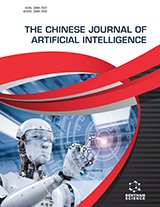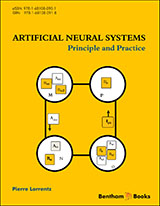Abstract
Nowadays, in the automation industries, the Cruise Control System (CCS) is
one of the essential aspects, and it is necessary to have a well-designed controller that
can suit a new improvement in innovation. The CCS is a very famous and important
model in control system engineering. The fundamental objective of CCS is to regulate
vehicle speed depending upon the chosen speed. The CCS is an example of a close
loop control system. Speedometer is utilized in the feedback path for measurement of
the speed. This is a simple model used to solve the many problems of drivers like road
accidents, weariness, etc. In this paper, we analyze the performance of different
controllers such as Proportional-Integral-Derivative (PID) controller, the fuzzy logic
controller (FLC) and the fuzzy-PID (F-PID) controller in the different situations on the
road, such as friction, road grad, or angle of inclination to attain the chosen speed of the
vehicles. The tuning of PID parameters is done using the method of Ziegler-Nichols,
and FLC uses the gaussian Membership Function (MF) in this paper. The MF is a
graph that lies between zero and one. It indicates the mapping of every point in the
input state and the values of MF. The mathematical model of this system is considers
the road grad and the friction. Finally, in this paper, we see the response of models with
and without a controller in different situations on the road.
Keywords: CCS, Fuzzy, Fuzzy-PID controller, PID controller.













